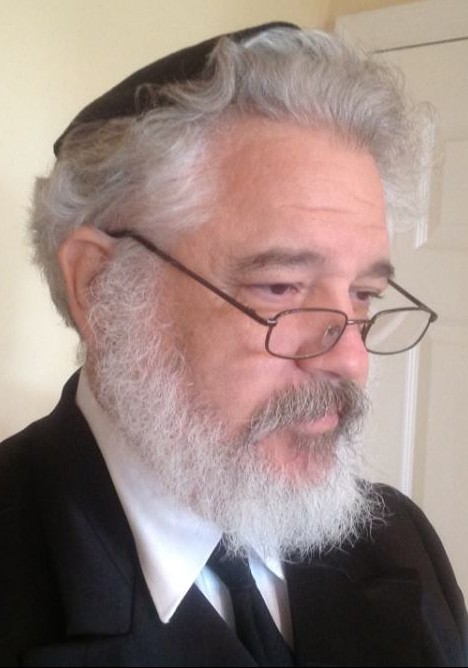PARSHAT RE'EH
Rabbi Steven Bernstein zt"l
| Author | |
| Date Added |
Dueteronomy 16
16Three times in the year, every one of your
males shall appear before the Lord, your
God, in the place He will choose: on the
Festival of Matzoth and on the Festival of
Weeks, and on the Festival of Sukkoth, and
he shall not appear before the Lord empty-
handed. 17[Every] man [shall bring] as much as he can
afford, according to the blessing of the Lord,
your God, which He has given you.
At the end of this week’s Torah portion, there is the commandment for the gathering of the children of Israel at the Temple. This gathering of all of Israel is to occur three times a year: at Pesach, Shavuot, and Sukkot.
It is interesting to note that Israel is not commanded to gather at any other times. There is no command to gather on Yom Kippur. There is no command to gather on Rosh Hashanah. There is no command together on Shabbat. The mitzvah is to gather specifically on Pesach, Shavuot, and Sukkot.
When Israel gathers for these festivals, the men are required to bring an offering. This offering is discussed at length in the Talmud, tractate Chagiga. Chag is a Festival, Chagiga is the festival offering. The morning of the first day of these festivals, all men would come to the Temple and present their sacrifice. The sacrifices would be slaughtered, dressed, and either roasted or stewed. Then it would be returned to the offeror to be eaten in their homes as a joyous celebration for all of Israel. This celebration would inaugurate the festival for every house of the children of Israel.
During Pesach, the primary source of meat at the Seder table was the Chagiga, not the Pesach. With millions of people in Jerusalem, the Festival, and each household would have dozens of people in. Each household , brought one Pesach, one Passover Lamb offering. However, approximately half the people in the household were men and boys. Since the man was required to bring a sacrifice, there was a lot of meat that the Seder table.
The eating of the Pesach, the Passover Lamb is required for all Israel. To assure that everyone had a piece of the Pesach, the Pesach was reserved and kept separate from the meat of the Chagiga. At the end of the Seder, a piece of the Pesach was placed on a piece of matzah and handed out to everyone at the meal. Once everyone was given their required piece of the Pesach, the blessing was recited and the Pesach was eaten. This piece of matzah with the Pesach was called, in Greek, the Afikomen. The reason this ceremony was performed was to assure that everyone ate the Pesach, and it did not get confused with the Chagiga.
Shabbat Shalom.
Mon, November 3 2025
12 Cheshvan 5786
This week's Torah portion is Parshat Vayera
| Shabbat, Nov 8 |
Candle Lighting
| Friday, Nov 7, 5:23pm |
Havdalah
| Motzei Shabbat, Nov 8, 6:31pm |
SERVICES & STUDIES
Adult Education Class - Shabbat 9:45am
Shabbat Service - 11:15am
Schul Events
Community Events

Rabbi Doctor Steven Bernstein zt"l
Members & Guests
We are so very grateful to Villas Wesleyan Church for opening their doors to us so we can continue having services while looking for our own building.
We need to be excellent guests and this takes every one of us to accomplish, so here are some gentle reminders:
We will have kiddish lunch / nosh as usual – watch for posted signs for where to set food
Bring your own coffee
Nursery facilities are available plus there’s a changing table in the lady’s restroom – whoever uses them is responsible for pick up, disinfecting, and removing trash
Everyone needs to clean up after themselves and their children
We need helpers for break down (move furniture back into position, wipe down surfaces, take out trash)
MANY HANDS MAKE LIGHT WORK! THANK YOU
- Home |
- Map & Address |
- Donate
Privacy Settings | Privacy Policy | Member Terms
©2025 All rights reserved. Find out more about ShulCloud
